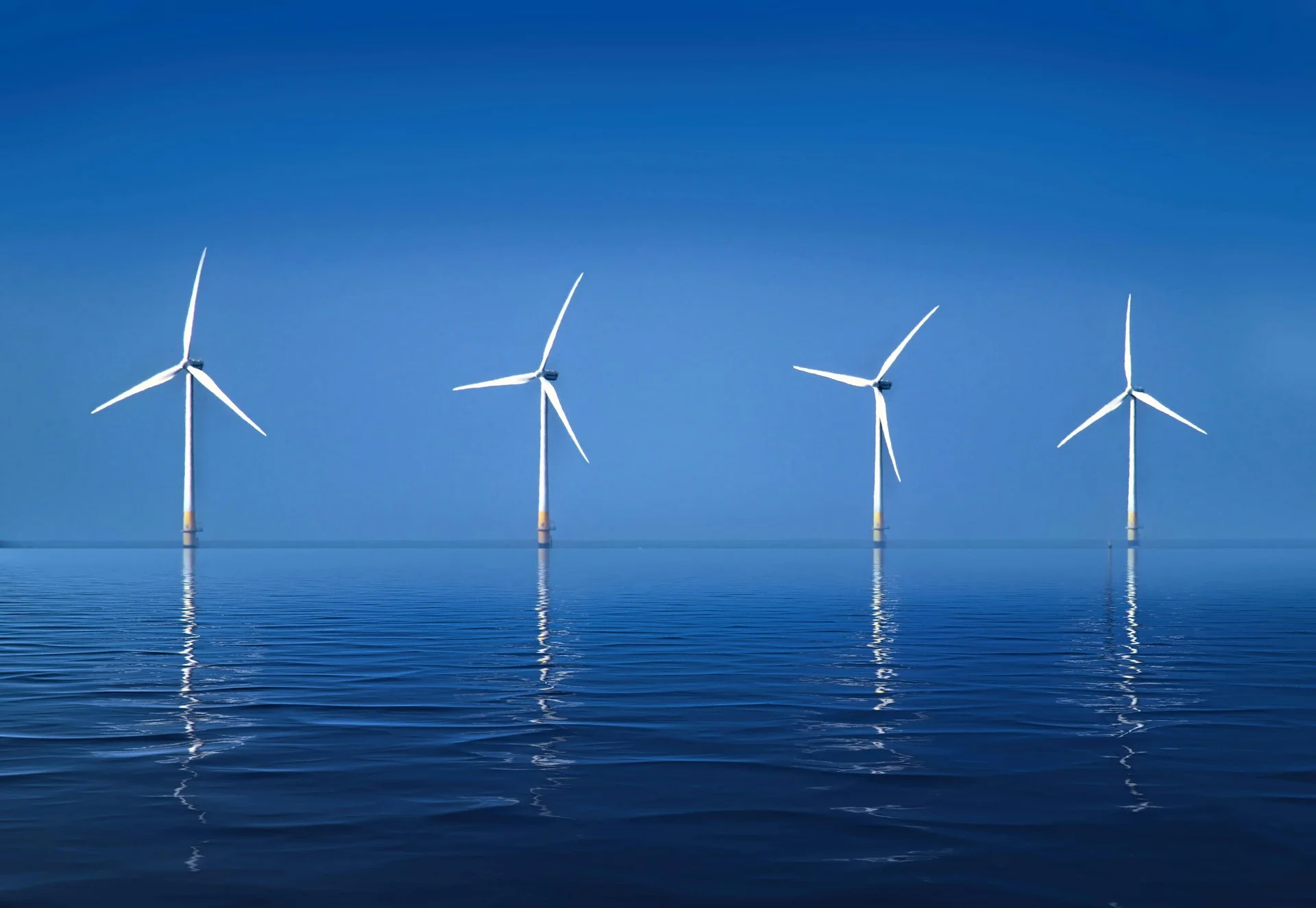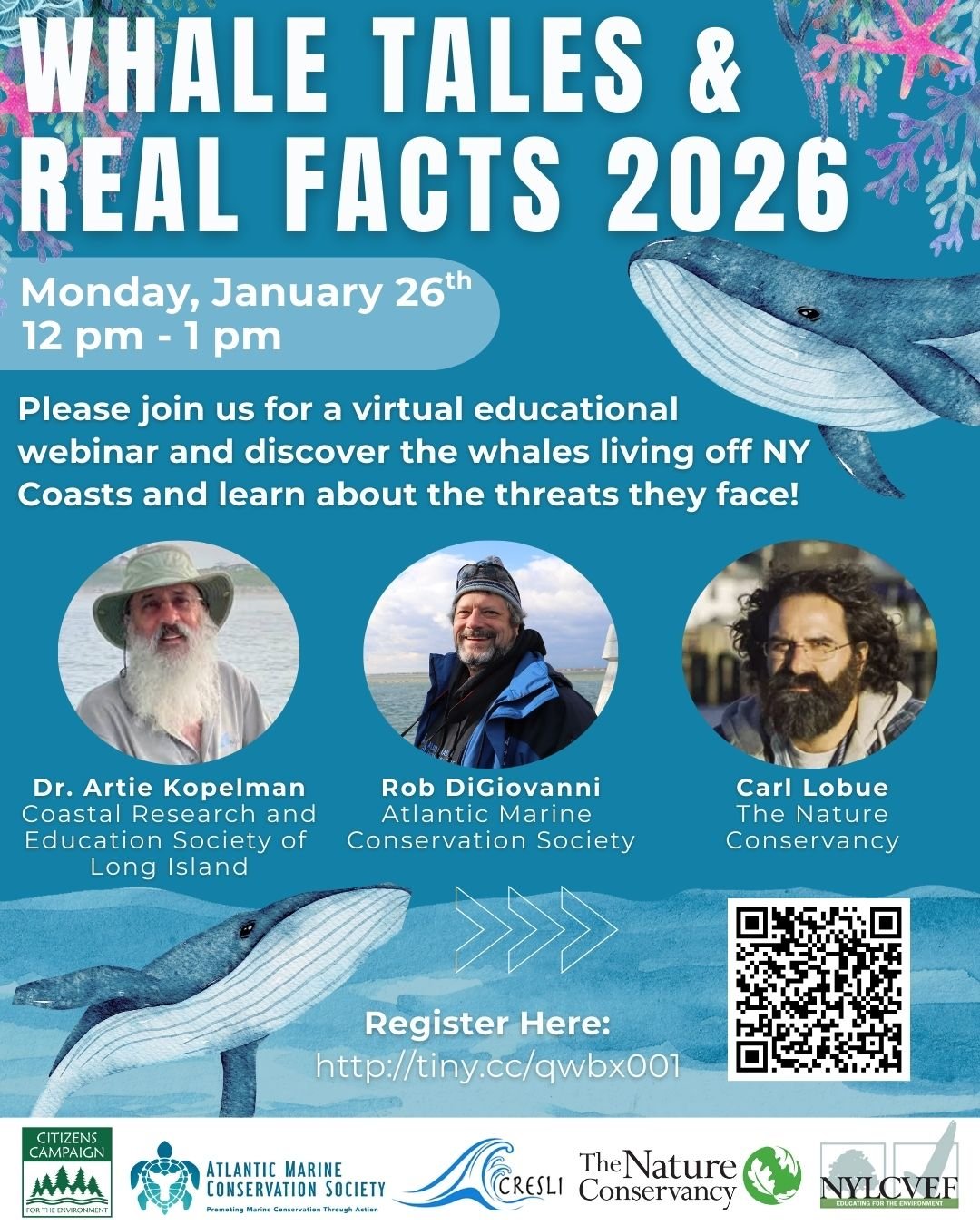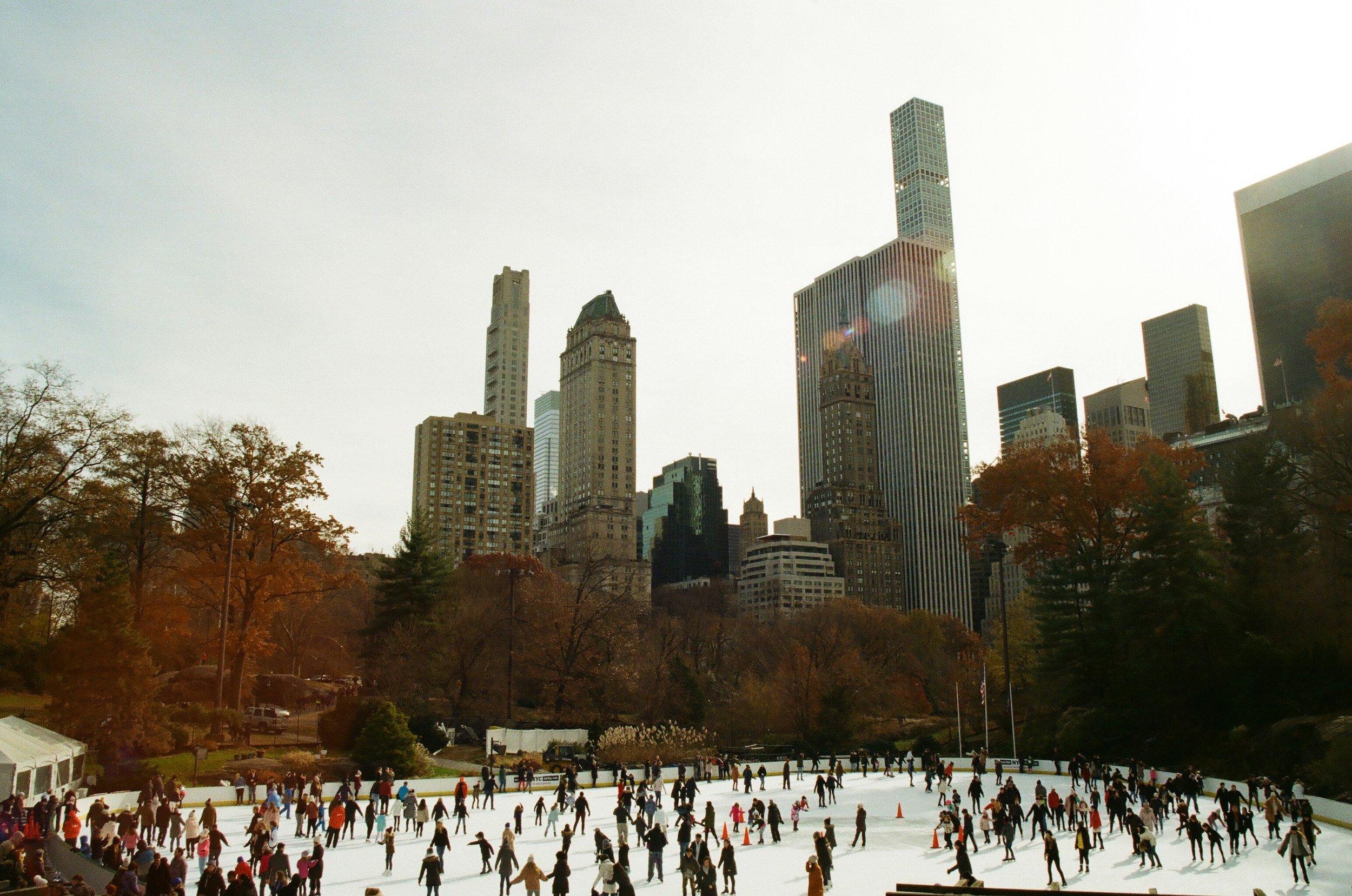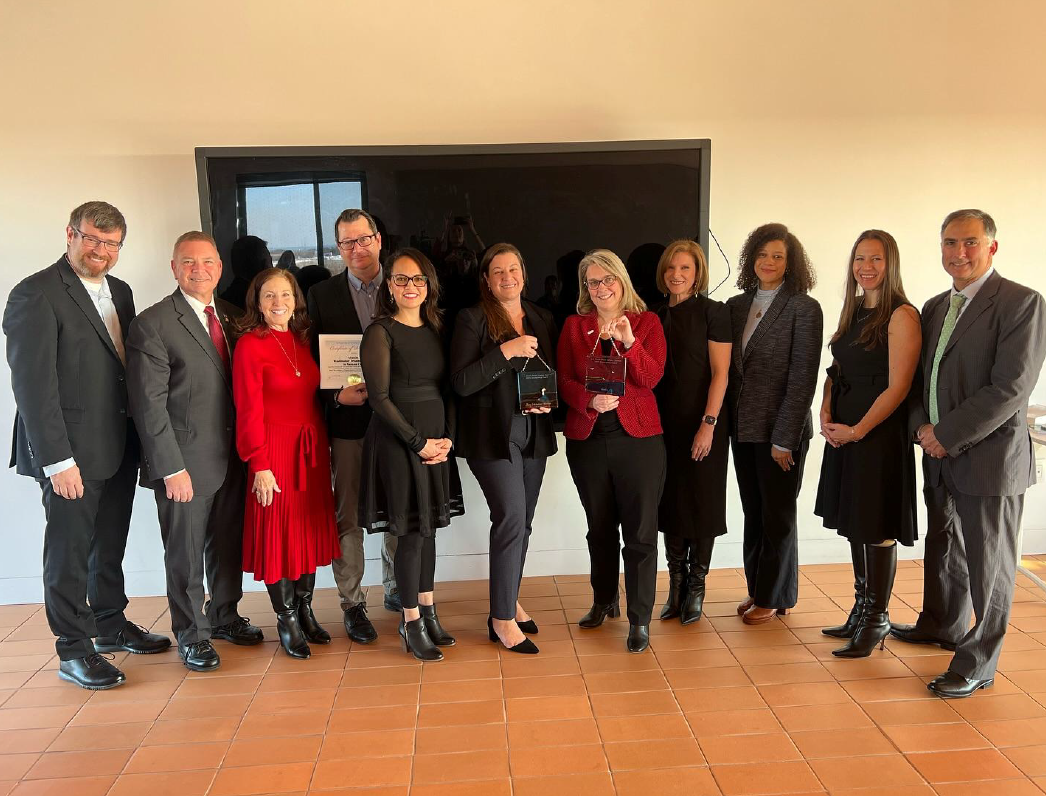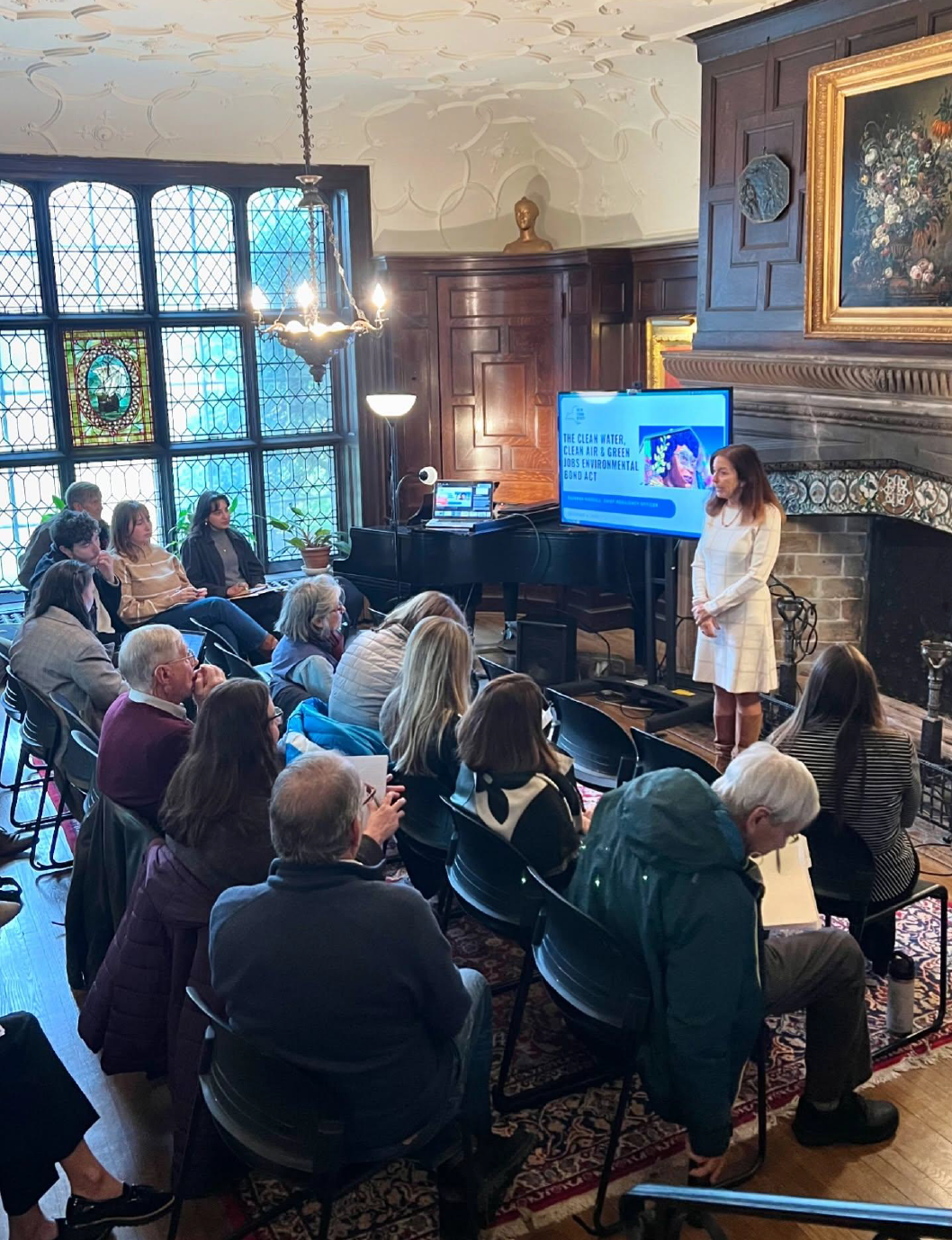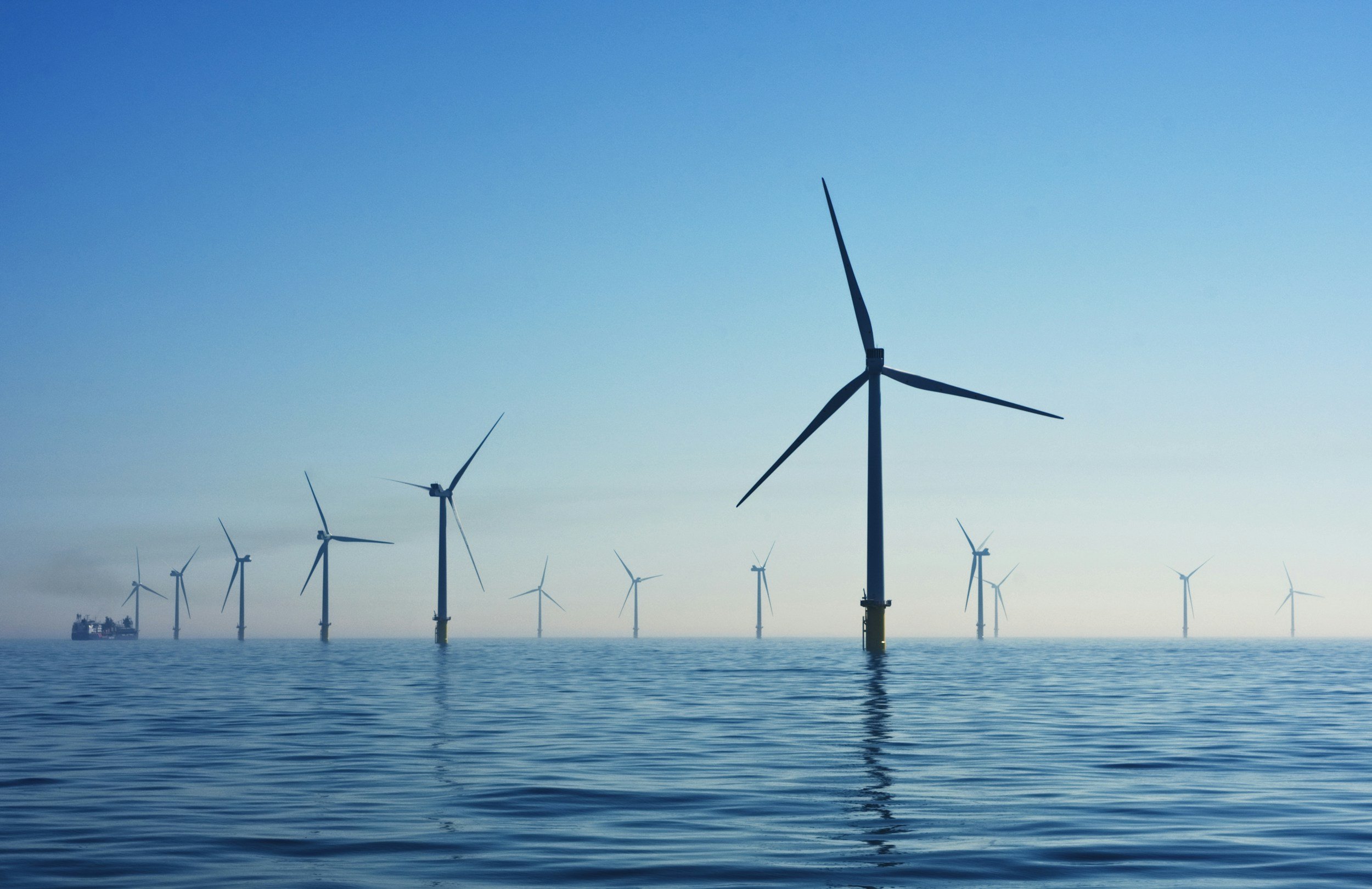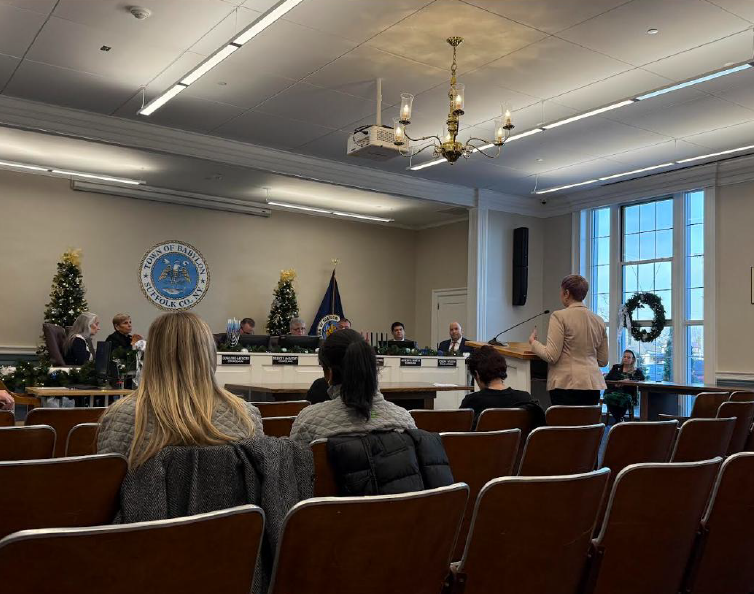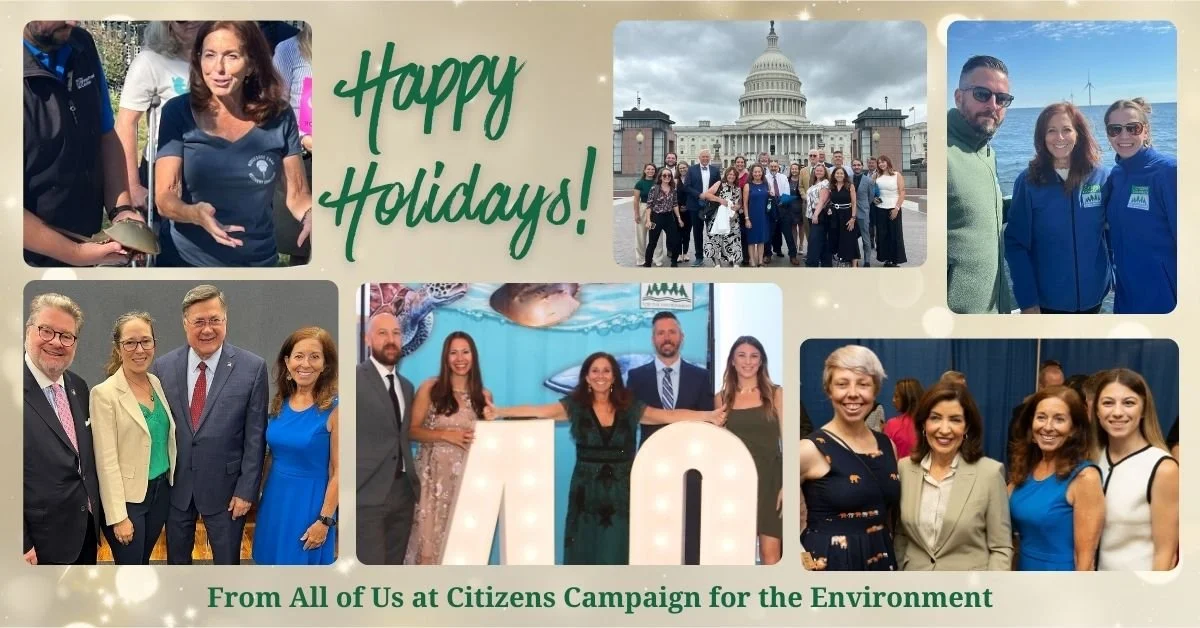Urge your Representative in Congress to oppose the Trump Administration’s halt on Empire Wind and Sunrise Wind—urge them to help get the wind projects started again!
Last month, the Trump Administration abruptly and unjustifiably halted construction on five offshore wind projects, including two off New York’s coast—Empire Wind and Sunrise Wind. Empire Wind is being built off the coast of Long Beach and would power 500,000 homes in NYC. Sunrise Wind is off the coast of Montauk and would power 600,000 Long Island homes. These projects are already under construction, creating significant investments in local communities and thousands of union jobs in support of the growing “wind-ustry” in NY. These projects will also allow us to transition off polluting fossil fuel plants and improve air quality in our communities.
The first commercial-scale offshore wind farm in America, the South Fork Wind Farm, became fully operational in 2024. It is located 35 miles off East Hampton and generates enough power for 70,000 homes for the south fork of Long Island. It has not only been supplying consistent, clean power to South Fork homes, it has been performing better than expected!
Here in New York, we have seen how offshore wind benefits our environment, economy, and local communities. We are pushing our Congressional Representatives to step up in support of offshore wind. We need our Congressional leaders to fight to reverse the Administration’s unjustifiable stop work order on these important offshore wind projects.
Thank you for taking action!
Sincerely,
All of Us at CCE

